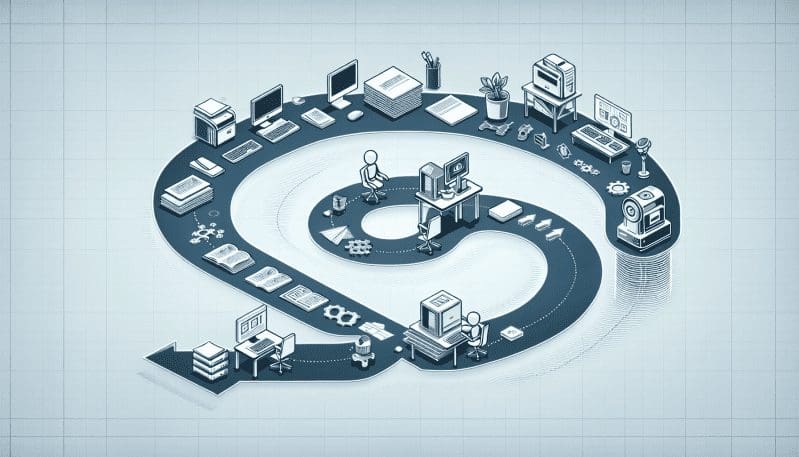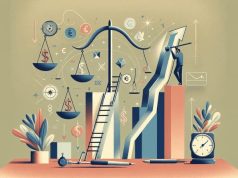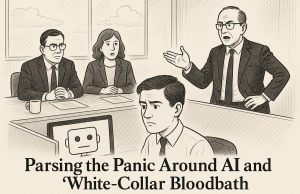As the corporate landscape transforms with the surge of digital innovation, artificial intelligence (AI) has become a linchpin in the evolution of human resource management. Chief Human Resources Officers (CHROs) find themselves at the helm of this transformation, charting a course through uncharted waters of technology and tradition.
The integration of AI into HR functions offers a trove of potential benefits. Imagine recruitment processes aided by algorithms designed to reduce bias, yielding a more diverse and inclusive workforce. Picture personalized employee development programs that adapt to individual learning styles and career trajectories, bolstered by AI’s meticulous data analysis. And consider the predictive analytics applied to workforce planning, providing unprecedented insights into talent acquisition and retention strategies.
However, the path to integrating AI is fraught with challenges that demand a strategic and thoughtful approach from CHROs. Ethical considerations loom large as the potential for AI to perpetuate existing biases or create new forms of discrimination is a pressing concern. The key to success lies in the CHRO’s ability to ensure that AI tools are implemented responsibly, with an emphasis on fairness and transparency.
Moreover, the adoption of AI-driven HR processes can significantly reshape the workplace. It stands to redefine the very essence of employee relations, ushering in a need for HR professionals to cultivate a new set of skills focused on managing the intersection of human and artificial intelligence. This evolution calls for a recalibration of the HR skill set, blending traditional people management competencies with a robust understanding of AI technologies and their implications for the workforce.
As CHROs navigate the integration of AI, they must foster a culture of continuous learning and adaptability. The goal is to maintain the indispensable human touch in an increasingly digital workplace. It is through this balance that CHROs can lead the charge in leveraging AI to enhance efficiency while cultivating a workforce that is engaged, empowered, and ethically supported.
In conclusion, the digital transformation is not a force to be resisted, but rather an opportunity to be embraced with cautious optimism. CHROs must forge ahead with diligence and a vision that harmonizes the strengths of AI with the irreplaceable value of human insight. By doing so, they can lay the groundwork for a future where technology serves to elevate the human experience at work, rather than diminish it.


























